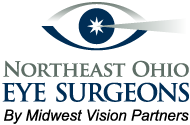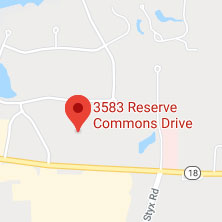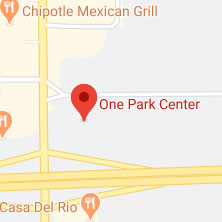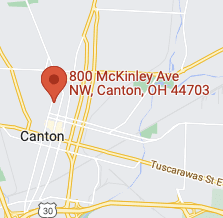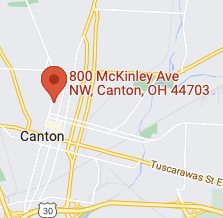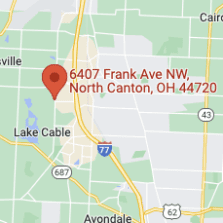Glaucoma
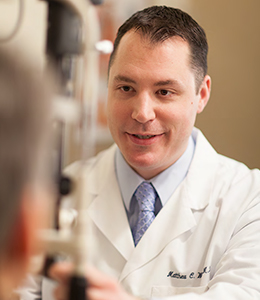 Glaucoma is a serious eye disease that damages the optic nerve and, if left untreated, may result in blindness. Often called “the sneak thief of sight,” people who have glaucoma may experience no pain or vision symptoms until their eyesight is irreversibly damaged. In fact, glaucoma is the leading cause of blindness in people over the age of 60. Luckily, early detection and treatment of glaucoma, with eye drops or surgery or both, can help halt the disease’s progression and preserve vision.
Glaucoma is a serious eye disease that damages the optic nerve and, if left untreated, may result in blindness. Often called “the sneak thief of sight,” people who have glaucoma may experience no pain or vision symptoms until their eyesight is irreversibly damaged. In fact, glaucoma is the leading cause of blindness in people over the age of 60. Luckily, early detection and treatment of glaucoma, with eye drops or surgery or both, can help halt the disease’s progression and preserve vision.
The Northern Ohio Eye Surgeons is pleased to offer state-of-the-art glaucoma treatments, including laser technologies and other ground-breaking procedures, to halt the progression of this disease.
What is Glaucoma?
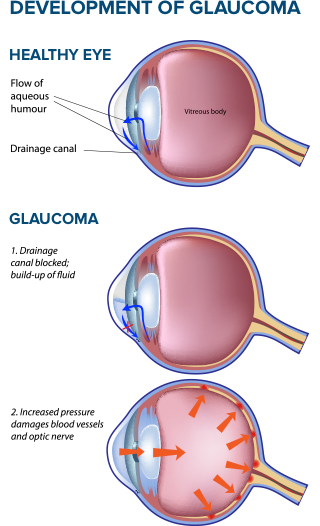

The front of the eye is bathed in a clear fluid called aqueous humor. In a healthy eye, the eye continuously produces a small amount of aqueous humor while an equal amount flows out of the eye. This intricate system helps maintain good eye pressure. However, if you have glaucoma, the aqueous either drains out of the eye too slowly or the body produces too much of it, causing the pressure inside the eye to rise. When the pressure in the front half of the eye builds up, it can cause damage to the optic nerve.
Because so many glaucoma sufferers don’t realize they have glaucoma until eye damage is already done, the Glaucoma specialists at Eye Surgeons recommend a dilated eye exam at age 40. Asians, African Americans, or for those with a family history of the disease, may have to undergo annual dilated exams, as well as those over age 60.
What Causes Glaucoma?
People with more risk of developing glaucoma include those who:
- Are over age 40
- Have a family history of glaucoma
- Are African American, Hispanic or Asian
- Have high intraocular pressure (IOP)
- Are farsighted or nearsighted
- Have had an eye injury
- Have diabetes
- Have migraine headaches
- Have high blood pressure
Our glaucoma specialists at Eye Surgeons will be happy to discuss your risk factors for developing glaucoma with you and set up an appropriate treatment plan.
Types of Glaucoma
Open-Angle Glaucoma
Open-angle glaucoma is the most common form of glaucoma and occurs when the eye becomes less efficient at draining aqueous humor. This faulty drainage causes eye pressure, called intraocular pressure, or IOP, to rise. Elevated eye pressures damage the optic nerve, leading to eventual vision loss.
Symptoms of open-angle glaucoma include vision loss and gradual loss of peripheral vision.
Closed-Angle Glaucoma
Closed-angle glaucoma (also called, “angle-closure glaucoma” or “narrow-angle glaucoma”) occurs when the patient’s iris, or colored portion of the eye, is very close to their eye’s drainage angle. The iris can ultimately block the drainage angle, which results in what is called an acute glaucoma attack. If this happens, it is a medical emergency. Patients should call their eye doctors immediately, as blindness can result from this attack. Symptoms of an acute attack include:
- Sudden onset of blurry vision
- Rainbow-colored rings or halos around lights
- Severe eye pain
- Headache
- Nausea and vomiting
Other Types of Glaucoma
Other types of glaucoma include:
- Congenital glaucoma, a rare condition that develops in infants and can be inherited
- Secondary glaucoma, which is glaucoma that results from another eye condition
- Glaucoma suspect, or those who have normal or slightly elevated eye pressures and may be at risk for developing glaucoma
Glaucoma Treatments
Glaucoma Medication
Eye drops are the most common treatment for glaucoma. These medications lower your eye pressure so that glaucoma is controlled. If, however, drops aren’t effective in controlling your eye pressure, you may need surgery.
Glaucoma Surgical Options
Exciting advances in treatment options, including laser technology and microscopic stents, mean glaucoma patients can be treated more easily, and with better results, than ever before. Our glaucoma surgeon, Dr. Matthew Willett, is one of the first doctors in northeast Ohio to perform many of these state-of-the-art surgical procedures. Dr. Paul Turgeon specializes in advanced glaucoma techniques, and Dr. Michael Smit is an expert in both surgical and medical glaucoma treatments.
Micro-Invasive Glaucoma Surgery (MIGS)
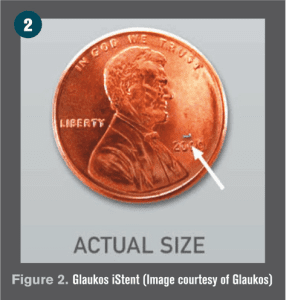

Since most glaucoma sufferers will eventually develop cataracts, an exciting new device enables surgeons to address glaucoma, perhaps more effectively than ever before, while performing cataract surgery.
The iStent is a tiny, L-shaped implantable device that is 1 millimeter long, which the surgeon implants in the eye during cataract surgery. The iStent helps the eye drain fluid, thus reducing intraocular pressure. Studies have shown patients who are treated with the iStent can reduce or eliminate their reliance on glaucoma drops after surgery.
Laser Glaucoma Treatments
Lasers have also revolutionized glaucoma treatments. There are two types of laser trabeculoplasty surgeries available which are often used to treat open-angle glaucoma.
ALT Glaucoma Surgery
During Argon Laser Trabeculoplasty (ALT), the laser is used to stimulate the eye’s drain so that it works more effectively.
SLT for Glaucoma
Selective Laser Trabeculoplasty (SLT) uses a lower energy laser to treat specific cells in the drainage angle. Your glaucoma specialist can help determine which laser treatment is best for you.
Glaucoma Surgery Trabeculectomy or Laser Iridotomy for Glaucoma
Other, more traditional types of glaucoma surgery include trabeculectomy and laser iridotomy.
Managing glaucoma effectively means the glaucoma specialist and patients must work closely together, in medical and surgical ways, to ensure vision is protected and preserved. The glaucoma specialists and staff at Eye Surgeons are dedicated to helping glaucoma patients achieve their best vision and eye health possible, so that they may live normal, active lives.
